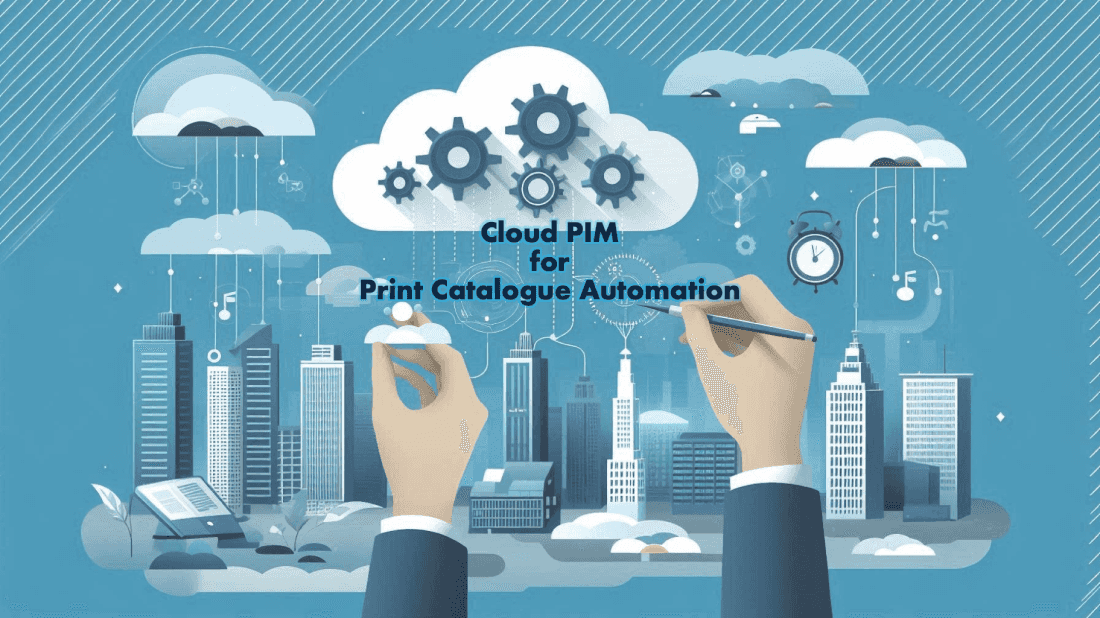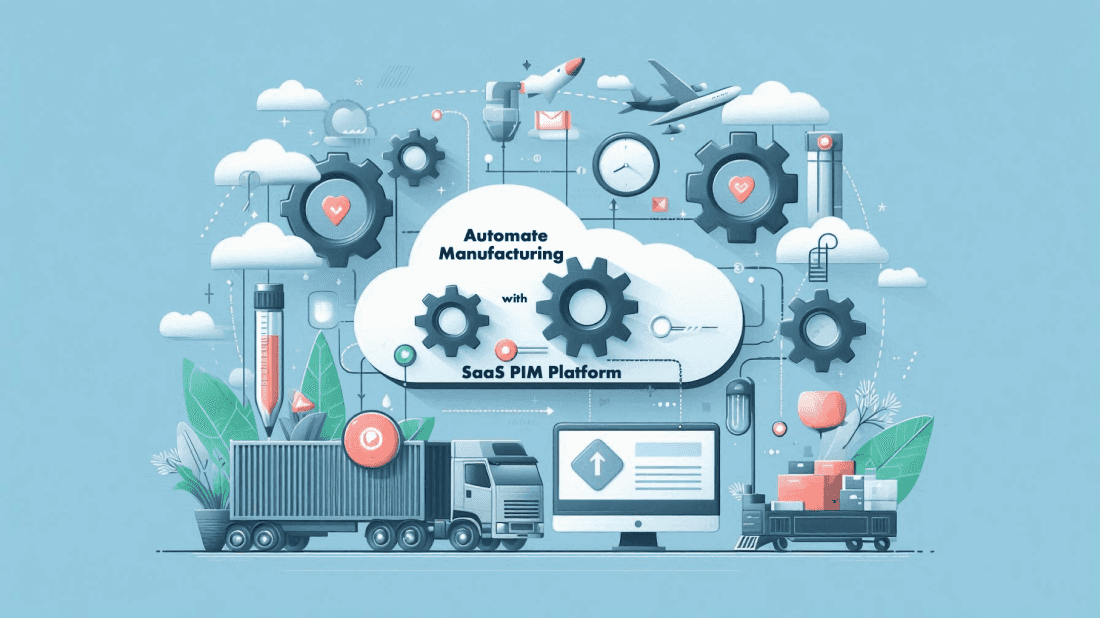Apr 24th, 2024
PIM and MDM for B2B Manufacturers
Categories:Product Information Management SystemMaster Data Management SoftwareFor B2B manufacturers, comprehending the distinctions between Product Information Management (PIM) and Master Data Management (MDM) is crucial.
These systems are key data management strategies designed to break down data silos and centralize information to bolster business processes. However, they manage different types of data and offer unique functionalities tailored to specific needs.
This guide delves into the specifics of PIM and MDM, highlighting their strengths and helping you decide which system best suits your business needs.
Key Insights
PIM and MDM serve to establish a uniform source of truth for data that’s standardized and accessible, crucial for efficient business operations. PIM is dedicated to managing detailed product information—including descriptions, technical specifications, and digital assets. In contrast, MDM encompasses a broader spectrum of core business data, including products, customers, suppliers, and financials.
While MDM manages essential enterprise-wide data, it lacks the specialized content enrichment and data syndication capabilities that PIM offers, making PIM ideal for manufacturers managing complex product catalogs and looking to expand into new sales channels or markets. MDM is more suited for organizations that need comprehensive data oversight across multiple departments to aid strategic decisions and maintain compliance with data governance standards.
Using robust PIM or MDM systems not only improves data quality but also makes it more accessible, providing a clearer path for businesses to leverage their data effectively.
What is Product Information Management (PIM)?
PIM revolves around organizing, enriching, and disseminating your product information across the channels through which you engage with partners and distributors. A central component of any PIM strategy is creating a singular, reliable source for all product details—ranging from descriptions and specs to localized information and digital assets. This ensures that whether your team is updating product listings or crafting marketing materials, they have access to accurate and ready-to-use information.
Essential Functions of PIM
For B2B manufacturers, a PIM system is pivotal when managing extensive product information. It offers several key functions:
- Centralization: It consolidates all product information in one place, creating a single source of truth that simplifies managing, adding, or updating data.
- Standardization: PIM standardizes product information to prevent inconsistencies that can disrupt sales and marketing efforts.
- Content Enrichment: It enriches product content with descriptions, images, videos, relationships, and translations, ensuring comprehensive and compelling product presentations.
- Streamlined Distribution: PIM simplifies distributing product data across multiple channels, reducing the manual effort needed for channel-specific data preparation.
What is Master Data Management (MDM)?
MDM is an approach that amalgamates an organization's most critical data domains into one authoritative source, often referred to as the "golden record." This unified data source is invaluable for B2B manufacturers as it provides a clear, accurate view of essential business information, facilitating informed decision-making and operational excellence as the company scales.
Key Functions of MDM
MDM is designed to cater to the analytical and operational demands of enterprises, with capabilities to:
- Unify Data: It integrates, cleans, and standardizes master data from various systems, ensuring accuracy and consistency.
- Secure Data Management: MDM provides a secure environment to store and manage all critical business data, with governance controls to regulate access and modifications.
- Enforce Data Quality: It applies standardization and naming conventions to maintain data integrity, supporting reliable business analyses and decisions.
Choosing Between PIM and MDM
Deciding whether your B2B manufacturing business needs PIM or MDM depends on your specific data management requirements. PIM is best for manufacturers needing detailed product data management and optimization for marketing and sales, while MDM is ideal for organizations that require an overarching view of various data types to support broader business processes.
For companies aiming to enhance external business processes and achieve omnichannel consistency, PIM is the preferred choice. In contrast, MDM supports internal processes and cross-departmental collaboration.
Neurologik Solutions
Neurologik provides comprehensive solutions tailored for B2B manufacturers, focusing on enhancing product information management with our advanced PIM system – Neurologik ProductHub. This system is designed to handle the complexities of managing extensive product data and ensuring it is always accurate, up-to-date, and aligned with your channel partners’ needs.
For more information or to see our solutions in action, contact Neurologik today for a personalized consultation or a detailed product consultation.







